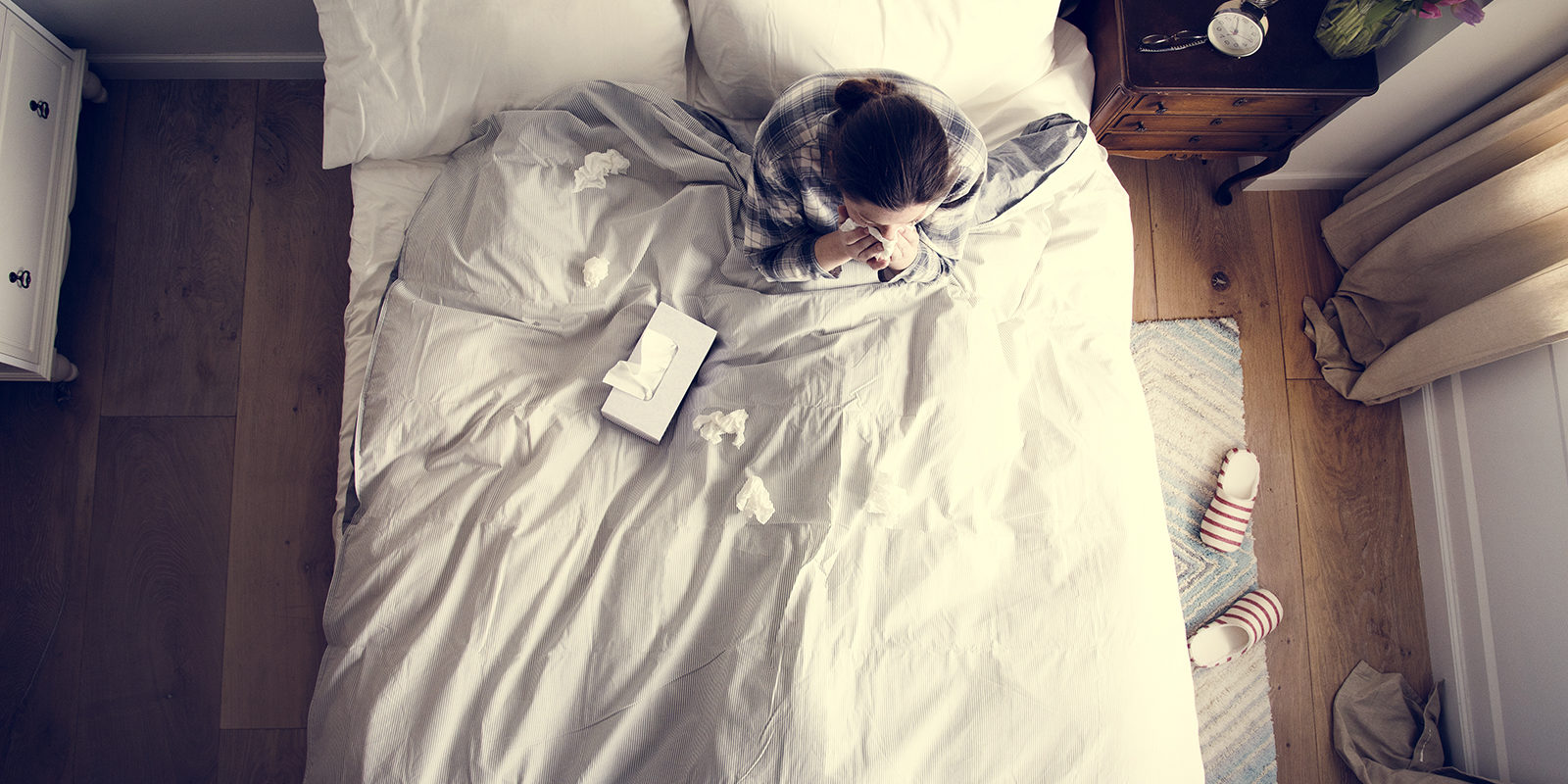Half of Tenants Ill Due to Condition of Their Rented Property.

The introduction of The Homes (Fitness for Human Habitation) Act on 20 March was always likely to receive a mixed response from owners of rental properties. How many landlords would not insist that they or a property management agency regularly carry out inspections to ensure their houses and flats to rent are maintained to the required, acceptable standards?
However, in 2017, a total of 502 landlords in England and Wales committed 752 housing offences, of which, a quarter (123) committed more than one offence, according to an ITV investigation. Typical offences include, water flooding down walls, broken fire alarms, dangerous electrics, damp and mould, and collapsed ceilings.
New research now highlights how “required, acceptable standards” were simply being ignored by an increasing number of landlords who let out properties in the last 2 years – up from 2.4 per cent to 4.2 per cent. It was long overdue for the Landlord and Tenant Act 1985 to be updated by The Homes (Fitness for Human Habitation) Act, which extended the ‘fit for human habitation’ test. CLICK HERE to read about the 29 hazards that a landlord needs to know.
Mould or damp causing lung or respiratory problems
Prior to the Act, a property with defects, such as broken windows or faulty appliances was considered to not be in a good state of repair, and the landlord likely to be in breach of contract. However, it was only ever a general test that was applied by local authorities using the Housing Health and Safety Rating System (HSSR). Under the new legislation, landlords are required to ensure their houses and flats are also “fit for habitation”, which determines if a defect is so serious that a court would view the property as unfit for a person to live in.
According to the results of the new property survey almost half of tenants (44 per cent) say they suffered an injury or became ill due to the condition of the property they rented. More than one in ten (10.1 per cent) claimed mould or damp had caused lung or respiratory problems, one in seven (14.3 per cent) said an illness was due to a cold environment or poor heating, and nearly one in five (19.5 per cent) admitted that the condition of their home had caused them stress or anxiety.
Typical hazards such as, a loose fitting carpet or a loose step accounted for around 8 per cent of renters who said they sustained an injury from a trip or fall. A further 6 per cent claimed to have received an electric shock from a appliance suppled by their landlord, and 4 per cent said they experienced a carbon monoxide related illness caused directly by the condition of their home.
Increasing numbers of younger and older age groups now privately renting
The survey results are all the more concerning when factoring in the increasing numbers of younger and older age groups who are now privately renting. The latest English House Survey found that nearly half (46 per cent) of 25 to 34-year-olds live in private rented accommodation compared with just over a quarter (27 per cent) in 2006-7 and the number of 35 to 54-year-olds who continue to rent their homes has nearly doubled in 10 years.
According to the new property survey, well over a half (58 per cent) of 18 to 24 year-olds were more likely than the national average to experience illness and injury related to a rental property, nearly the same proportion for 25 to 34 year olds (56 per cent) and 35 to 44 year olds (54 per cent).
Landlords claim they are struggling to keep on top of increasing new laws
Maintenance neglect and corner cutting seems to be the main causes of properties developing defects hazardous to human habitation, especially in properties converted into HMOs (Houses in Multiple Occupation). Properties are discovered where drinking water was fed from a water storage tank rather than from a mains supply, insufficient ventilation, non-isolated gas lines and landlord-supplied electrical appliances not PAT (Portable Appliance Testing) safety checked.
The majority of landlords take their tenant responsibilities seriously, and many property managing agents such as Charlesons apply robust screening before taking on a landlord and property. However, portal giant, Zoopla recently reported that nearly 40 per cent of landlords claim they are struggling to keep on top of increasing new laws, and more than 1 in 3 are now “worried” about how future legislation will affect their business.
Under The Homes (Fitness for Human Habitation) Act, a landlord could now face a fine of up to £30,000, a conviction, and a ban on renting out properties in the future.

